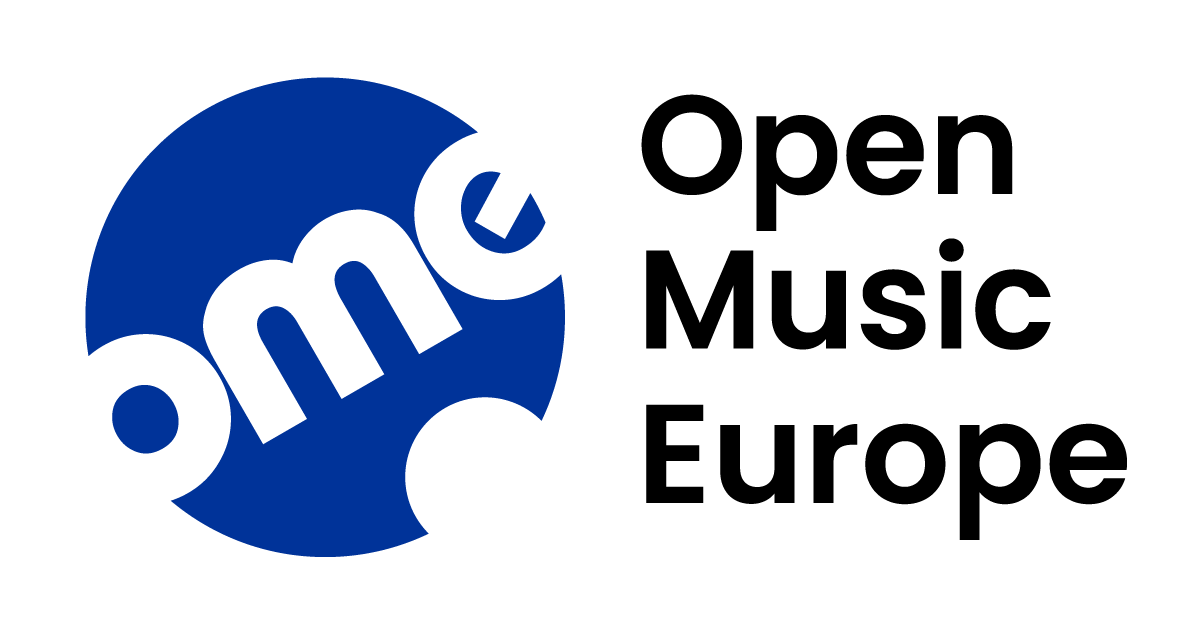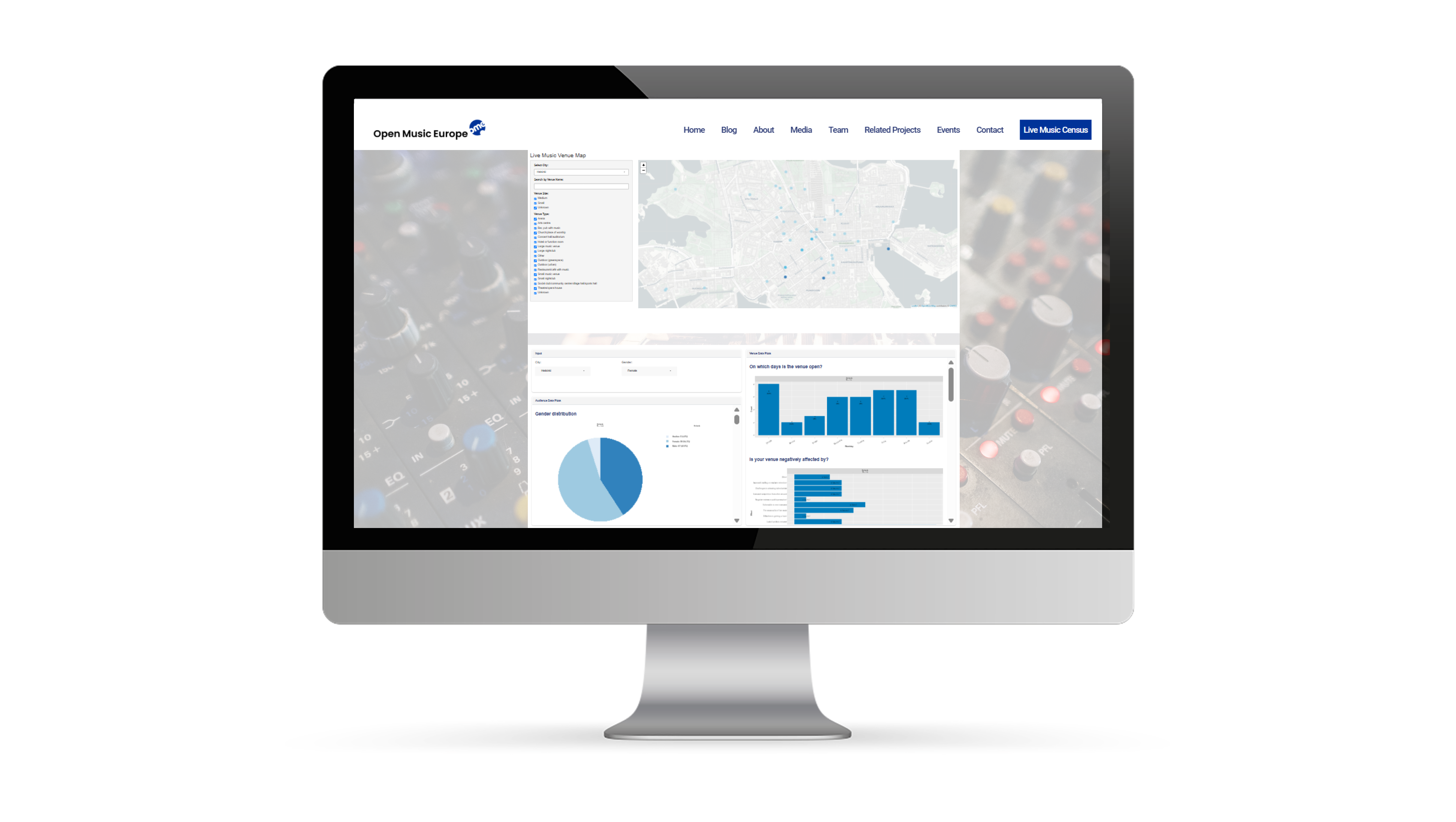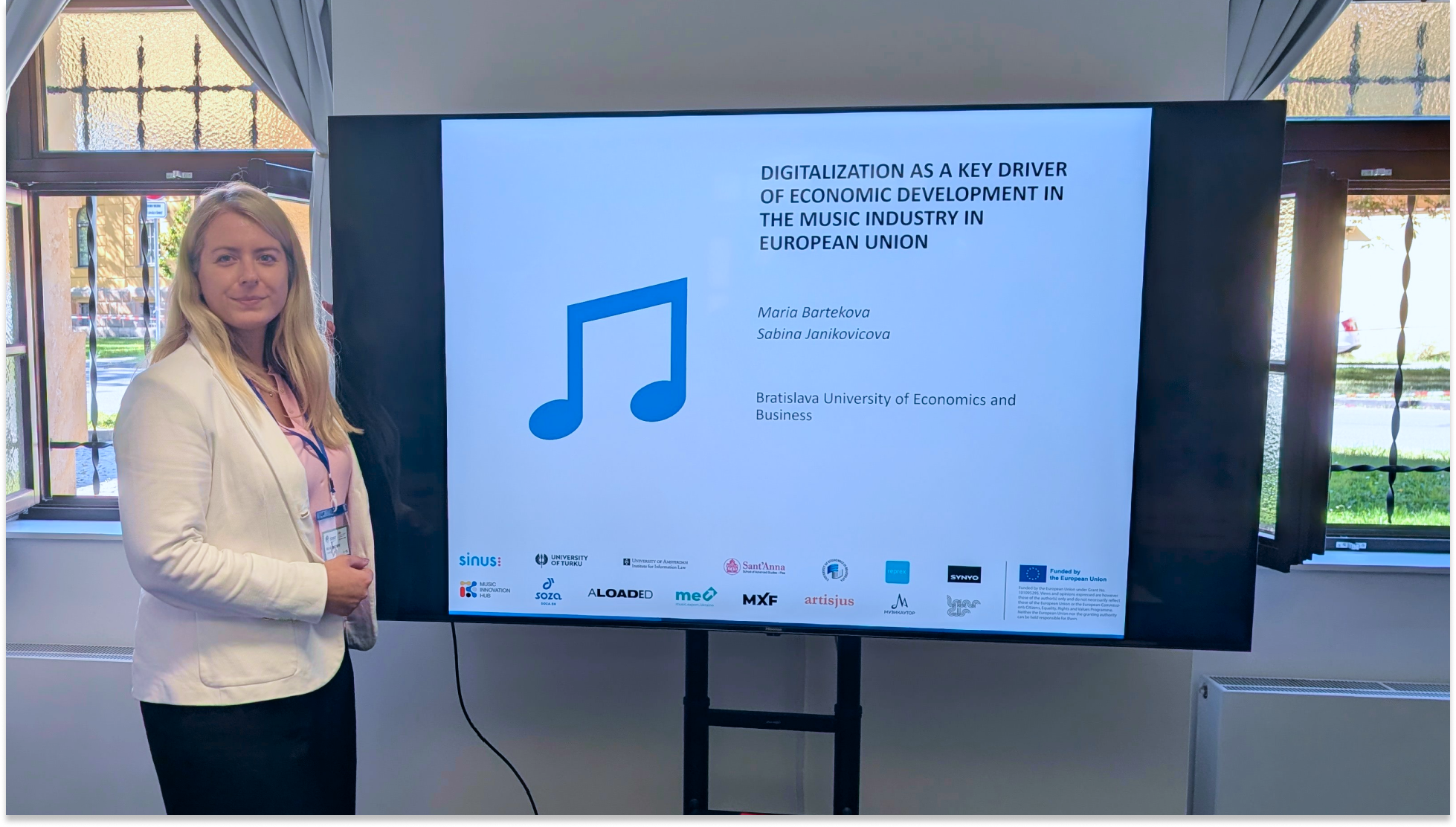
Data Sharing Economics Workshop: Key Takeaways from the OpenMusE Case Study
As the EU advances its vision for a modern and dynamic data economy, bridging legal and economic regulatory approaches becomes crucial. The regulatory landscape has seen significant developments in recent years, however, the full potential of cross-sectorial data sharing is still unfolding as shown inter alia by the recently launched European Data Union Strategy initiative.
With the goal of exploring the economic, legal, and regulatory mechanisms shaping this transformation, the Centre for IT and IP Law (CiTiP) at KU Leuven, legal partner of the Data Spaces Support Centre (DSSC), hosted an interdisciplinary workshop in collaboration with Institute for Information Law (IViR) of the University of Amsterdam. The event brought together leading legal and economic scholars to examine the complex interplay between regulation and value creation in the European data economy.
The workshop was structured into three sessions:
- Session 1 – Underlying Assumptions of Data Sharing Obligations: What and Why?
- Session 2 – Data market(s): economic structures and barriers to sharing data
- Session 3 – Data and metadata infrastructures: Is centralised governance essential to scale data sharing, or can more distributed models achieve the same?
OpenMusE Case Study: Institutional and cultural dynamics that shape data governance
Session 2 gave the more abstract and theoretical regulatory debates of the first session sharper focus through a sector-specific lens: the European music industry. Using the OpenMusE project, of which IViR is a participant, as a case study, the session explored how entrenched institutional structures, market incentives, and legal frameworks shape the practical realities of data sharing.
The Role of Intermediaries and Institutional Fragmentation
A central challenge encountered by OpenMusE is the fragmented nature of music metadata and the lack of coordination among public institutions. The project aims to foster collaboration across these actors, a goal made more complex by wider structural issues within national cultural sectors. In Slovenia, for example, the sector has struggled with chronic underfunding, widespread layoffs, and weak institutional capacity.
Session 2 focused on how the economic incentives of CMOs in the music sector may operate both as enablers as well as obstacles to data sharing, depending on the relevant institutional, market and geographical structures. CMOs’ institutional design is not necessarily aligned with the interests of small artists, particularly when institutional preservation outweighs innovation. Smaller CMOs, however, may see horizontal data sharing and public coordination as viable strategies to compete in a landscape dominated by a few large organisations.
Artists, Metadata, and Trust-Building
The session also shed light on the relationship between artists and metadata systems. A persistent issue is the low rate of song registration among certain communities, especially within rap and hip-hop. Here, scepticism toward public institutions hampers engagement. However, change is underway: as artists increasingly recognise that accurate metadata can directly benefit their careers and royalties, many are becoming more proactive in collaborating with CMOs and initiatives like OpenMusE.
Conclusion of the entire workshop:
The workshop made clear that building efficient, trusted and transparent data sharing frameworks in Europe requires bridging legal and economic insights. While persistent barriers remain – particularly around governance complexity, regulatory overlap, and sectorial fragmentation – there is growing momentum for cross-disciplinary analysis and policy innovation.
As the EU advances its Data Union Strategy, the workshop highlighted a shared sense of urgency to align infrastructure design, inter-legal clarity, and institutional experimentation. Data spaces must be designed not only for compliance, but also for participatory governance and private-public value creation.
Moving forward, interdisciplinary research and sustained dialogue between legal scholars, economists, technical experts, and sectoral stakeholders will be key to unlocking the EU’s vision of a human-centric, innovation-friendly data economy. These questions, tensions, and opportunities are precisely what the DSSC seeks to address – by bringing together legal, economic, technical, and sectoral stakeholders to co-create the Blueprint that will shape the future of European data spaces.
This blog post is derived from the full workshop documentation available here.
Authors: Prof. Dr. Thomas Margoni, Leona King, Marta Musidlowska, Francesca Portante d’Alessandro, and Leander Stähler





